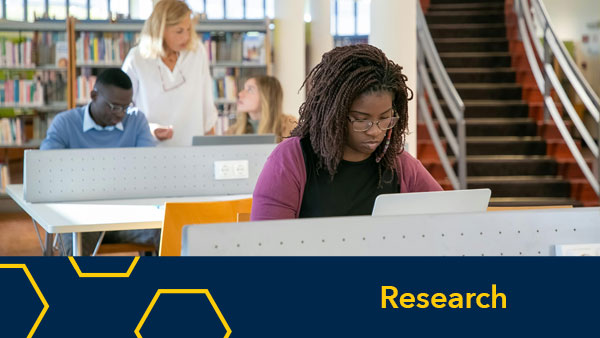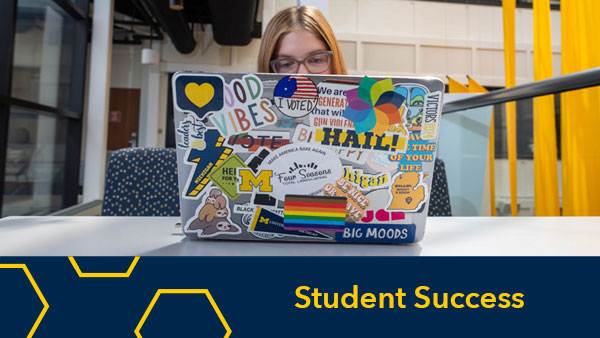Stephanie Teasley, Director of the LED Lab & Research Professor at the School of Information
@stephteasley
New fields of study bubble up in the academy, often through interdisciplinary efforts that bring people together around the promise of how theory, methodology, and technological innovation can be rearranged and reassembled to lead to new insights about our world. Over the course of my career studying learning, the three examples that have had the greatest impact on my research are (in chronological order): Cognitive Science, the Learning Sciences, and Information. But I now add a fourth to this list: Learning Analytics.
This new field has grown quickly as a result of a perfect storm of conditions: we know more about the basic processes involved in learning, the explosion of online technology platforms and services provides new opportunities for formal and informal learning, and these systems generate new forms of data about learning processes. When you couple this with increasing societal pressures to make learning accessible to all and relevant to life in the information age, we need scholarly research to ensure that advances in learning technologies and practices benefit society as a whole. While the term analytics generally describes the discovery and communication of meaningful patterns in data, Learning Analytics aims for discovery and communication that is not only meaningful but also actionable. Lead by the Society for Research on Learning Analytics (SoLAR; solaresearch.org/about/), the scholarly work in learning analytics is highlighted in an annual conference, Learning Analytics and Knowledge (LAK; the sixth will be in Edinburgh in April) and a new journal, the Journal of Learning Analytics. SoLAR also organizes a Summer Learning Institute (LASI) whose aim is to provide an intensive “summer camp” to serve as a springboard for accelerating the maturation of the field.
I am very excited that the next LASI will be held here at the University of Michigan in June, 2016. My colleague Tim McKay and I are the Program Chairs, with the DEI as the supporting host unit. When we offered to run this event (the prior two were held at Stanford and MIT), Tim and I asked ourselves how we could provide a uniquely U-M experience to LASI 16 that was in keeping the aim of bringing new people into the field and helping them to develop the skills and knowledge to engage in meaningful learning analytics research. Given the already deep investment in learning analytics at our institution, we decided to structure LASI around the various methods used in learning analytics research and utilize a “synthetic” version of our own institutional data as the practice datasets for these workshops. This will enable LASI participants to learn analytic strategies and techniques, and in doing so to think about the results in the context of a research university.
Over the course of three days, LASI participants will be exposed to key ideas in learning analytics from leading researchers through keynote talks and panel discussions, and get hands-on experience with analytic tools and methods for analyzing data. A call for participation will be announced in February and up to 150 applicants will be selected from that pool, striving for diversity and a careful balance between disciplines, skill sets and seniority. SoLAR will also help coordinate related regional events, called “LASI Locals,” which will be run their own but have the possibility for interaction with the participants in Ann Arbor, as well as with each other.
I believe our unique plans for the event will provide the participants with a rewarding experience and highlight U-M’s leadership role in Learning Analytics. LASI 16 is a great opportunity for U-M and the Learning Analytics community.


